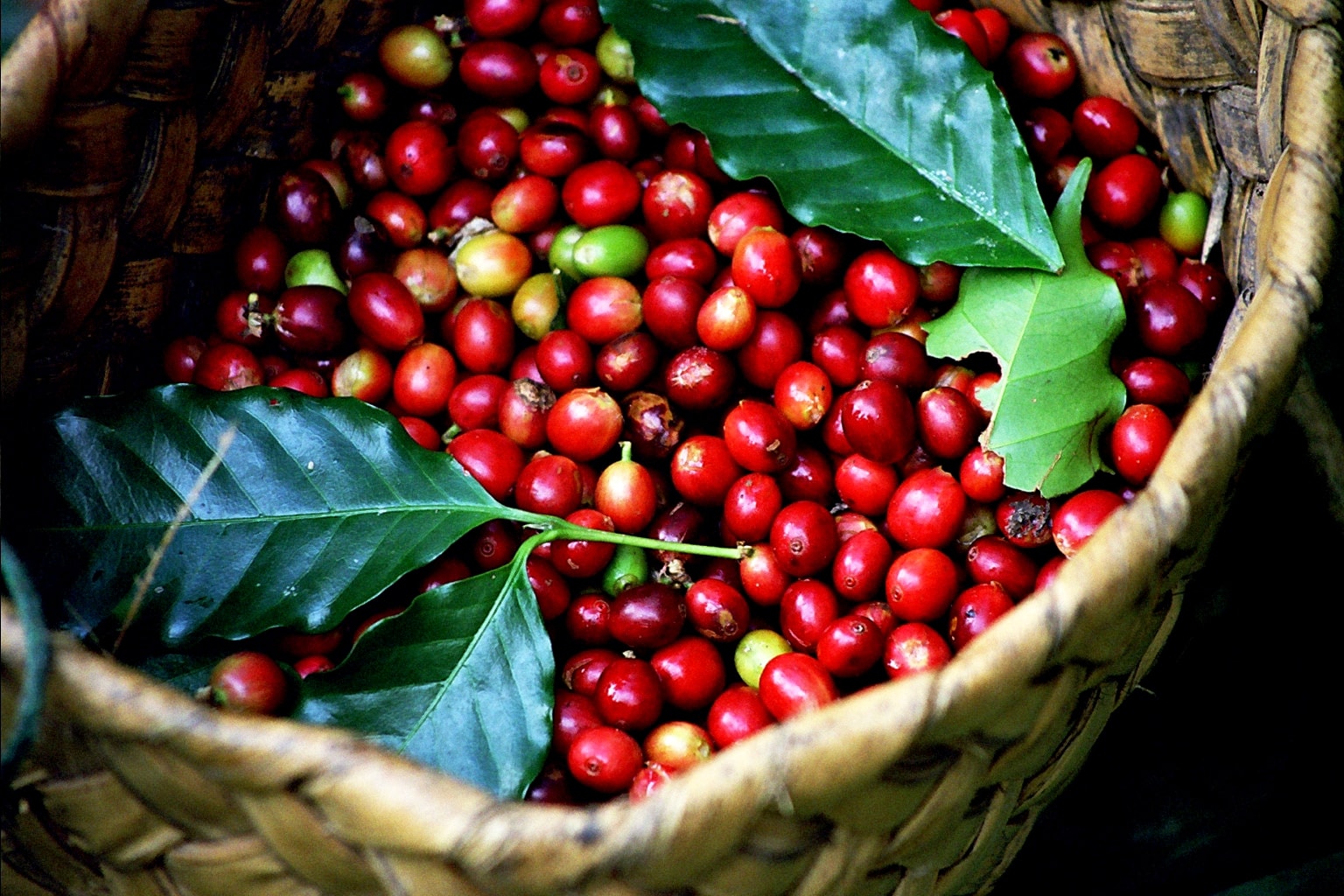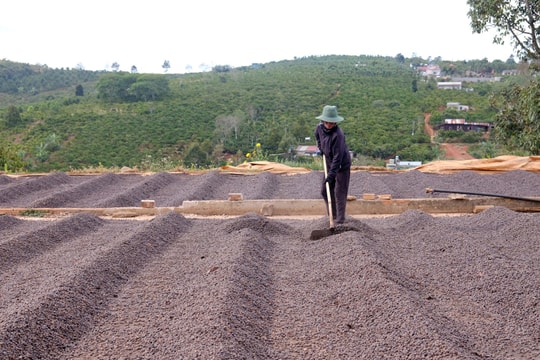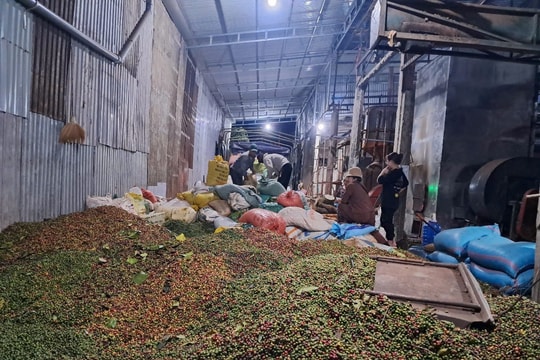Coffee price today September 12, 2025: New advantage helps prices increase sharply
Coffee prices today, September 12, are at 116,000 - 116,900 VND/kg, a sharp increase from 2,300 to 2,500 VND/kg. EUDR is about to take effect, pushing up export coffee prices sharply.
Domestic coffee prices today
Domestic coffee prices today, September 12, 2025, in the Central Highlands region increased sharply from 2,300 to 2,500 VND/kg compared to yesterday, fluctuating between 116,000 - 116,900 VND/kg.
Accordingly, traders in the old Dak Nong region are purchasing coffee at the highest price of 116,900 VND/kg, a sharp increase of 2,300 VND/kg compared to yesterday.
Similarly, coffee price in Dak Lak province is 116,800 VND/kg, an increase of 2,300 VND/kg compared to yesterday.
Coffee price in Gia Lai province increased by VND2,400/kg compared to yesterday and was traded at VND116,700/kg.
In Lam Dong province, coffee prices increased by VND2,500/kg compared to yesterday and are at VND116,000/kg.

World coffee prices today
On the London Stock Exchange, the online price of Robusta coffee futures contract for September 2025 delivery reached 4,693 USD/ton, up 2.31% (106 USD/ton) compared to yesterday. The futures contract for November 2025 delivery decreased 0.49% (22 USD/ton) to 4,455 USD/ton.
On the New York Stock Exchange, the price of Arabica coffee for delivery in September 2025 decreased by 0.26% (1.1 US cents/pound) compared to yesterday, to 399.9 US cents/pound. The contract for delivery in December 2025 decreased by 0.51% (2 US cents/pound), to 384.9 US cents/pound.
Global coffee prices have rebounded amid tariff concerns, low inventories and falling exports from top producer Brazil, which is facing the risk of inflation. The 50% US tariff has reduced Brazil's arabica inventories to a 16-month low of 679,548 bags.
One important change coming to the coffee market is the European Union's EUDR regulation, which is expected to come into effect from the end of 2025.
The good news is that the EU has recently classified Vietnam as a low-risk country thanks to strict controls on forest conversion. As a result, only 1% of Vietnam’s coffee shipments to the EU are subject to inspection. Meanwhile, heavyweights like Brazil and Indonesia are classified as “standard risk” with a mandatory inspection rate of up to 3%.
Being ranked as a low risk is the key reason why Vietnamese coffee has become popular in the EU market, in addition to its increasingly improved quality. This creates a superior competitive advantage, helping Vietnamese goods to be sought after despite having a higher price than many other suppliers.





